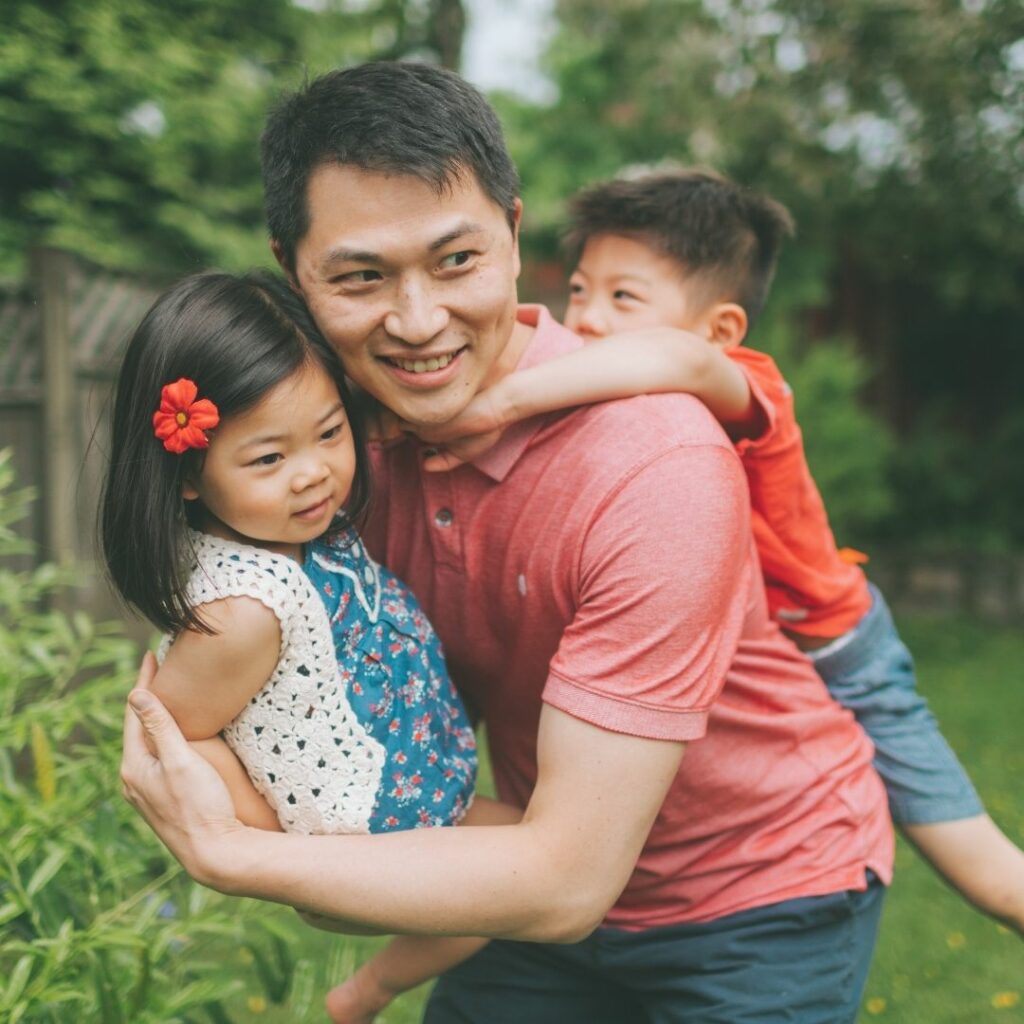May marks the celebrations Asian Pacific lslander histories of Americans hailing from across the Asian continent and from the Pacific islands of Melanesia, Micronesia, and Polynesia. The U.S. Department of Labor defines AAPI as “A person with origins in any of the original peoples of the Far East (i.e., East and Southeast Asia), Indian subcontinent, or the Pacific Islands.”
Asian Americans and Pacific Islanders (AAPI) are critical peoples in the United States ‘melting pot’ comprising a very wide, diverse group of communities. AAPI communities consist of approximately 50 ethnic groups speaking over 100 languages, with connections to Chinese, Indian, Japanese, Filipino, Vietnamese, Korean, Hawaiian, and other Asian and Pacific Islander ancestries. Unfortunately, we have seen a troubling uptick in mental health issues in this community, particularly among the second generations and beyond.
Racial discrimination, challenges in cultural identity, and the struggle for balance between traditional cultural values and pressures to assimilate into mainstream American society is prevalent. In recent years, we have seen “Asian-bashing” grow out of the COVID pandemic.
Community identity can create a strong burden of expectations, which may increase stigma and shame if such expectations are not met. The problems of stigma, shame, and “saving face” have created a breeding ground of suspicion and reluctance to engage a mental health care professional. As a result, the AAPI communities have the lowest rate of any community in seeking assistance with mental health issues.
Therapists and prospective clients alike must acknowledge that AAPIs may fear that friends, family, and neighbors hold negative opinions towards therapy. So culturally competent care must be made available to create both a candid, comfortable safety zone and an effective working relationship between therapist and client. Trust-based therapeutic relationships are critical and demand that therapists demonstrate effective listening and the willingness to learn. Cultural sensitivity is, of course, a gold standard for therapists dealing with any self-identified racial or ethnic group.



